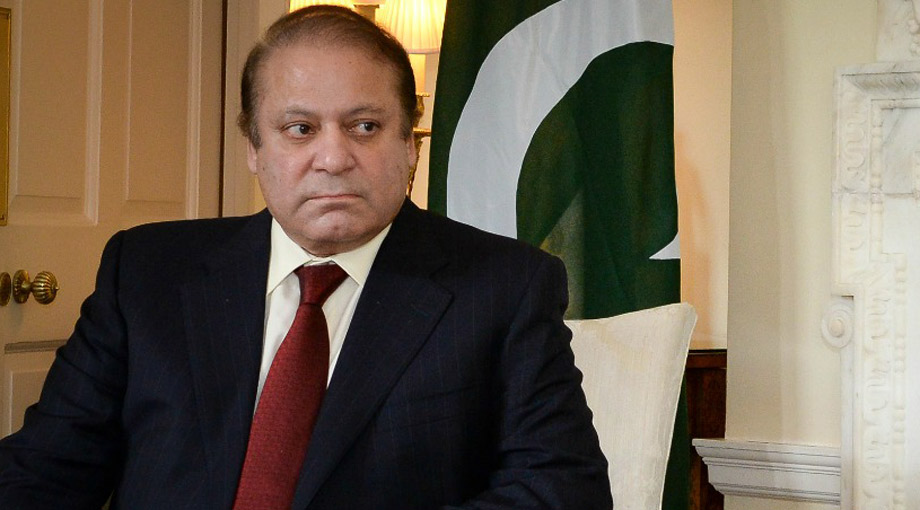Pakistan’s Supreme Court began hearings this week on a case that may decide the fate of Prime Minister Nawaz Sharif, more than a year after revelations first emerged about links between his family’s wealth and the Panama Papers investigation.
The revelations led to protests in Pakistan and sparked calls from the political opposition for Sharif’s resignation. Sharif and his family deny wrongdoing.
In April, a Pakistani court narrowly rejected a motion to disqualify Sharif as prime minister. Instead, it established a joint investigation into reports that linked Sharif’s children to valuable property in central London held through offshore companies.
This month, the joint investigation team issued a 254-page report. It accused the Sharifs, one of the wealthiest families in south Asia, of hiding assets, perjury and forgery.
Included in the report was the finding that Sharif’s daughter, Maryam Nawaz, potentially falsified ownership documents that were dated 2006 but written in a font that was not commercially available until 2007. The resulting furore trended on social media under the hashtag #fontgate.
“The report is a pack of lies,” Sharif said in response.
The Supreme Court will now decide how to respond to the report, which could involve removing Sharif from office or ordering his trial on charges of corruption. Sharif is expected to be summoned to appear before the court in the coming days or weeks.
Elsewhere, repercussions from the Panama Papers continue.
On June 28, U.S. lawmakers introduced bills to curb the abuse of domestic shell companies. Advocates argue that U.S. shell companies can be used to enable criminal behavior, including financing terrorists.
“Just over a year ago, journalists worldwide began publishing the Panama Papers — exposing global webs of anonymous shell companies used to facilitate all forms of corruption and criminal activity,” said Gary Kalman, the executive director of the FACT Coalition.
“While Panama received all the unwelcome attention, U.S. laws are no better. In many ways, it is easier to hide behind an anonymous company in this country than Panama or any other in the world.”
Earlier this month, in France, a cardboard packaging executive received a one-year suspended sentence and a $2 million fine after reports by ICIJ partner, Premiére Lignes’ Cash Investigation, that he hid more than $20 million offshore.
On Friday, the U.S. Department of Justice filed a $144 million civil suit in relation to allegations of corruption involving Nigeria’s former oil minister and business associates. The DOJ described one company set up by Mossack Fonseca, Earnshaw Associates Limited, spending tens of millions of dollars to buy luxury real estate in New York City and an $80 million yacht.
“I spoke to you several times about your general behavior, acquisition of assets, etc., asking you to be a bit more careful,” said the former oil minister, Diezani Alison-Madueke to Kolawole Aluko, in recorded telephone conversations disclosed in the court filing.
ICIJ wrote about the links between Alison-Madueke and Aluko as part of the Panama Papers investigation in 2016.
Read more about the impact from ICIJ’s investigations, and find out how you can support ICIJ’s work
Find out first! Receive ICIJ’s investigations by email
